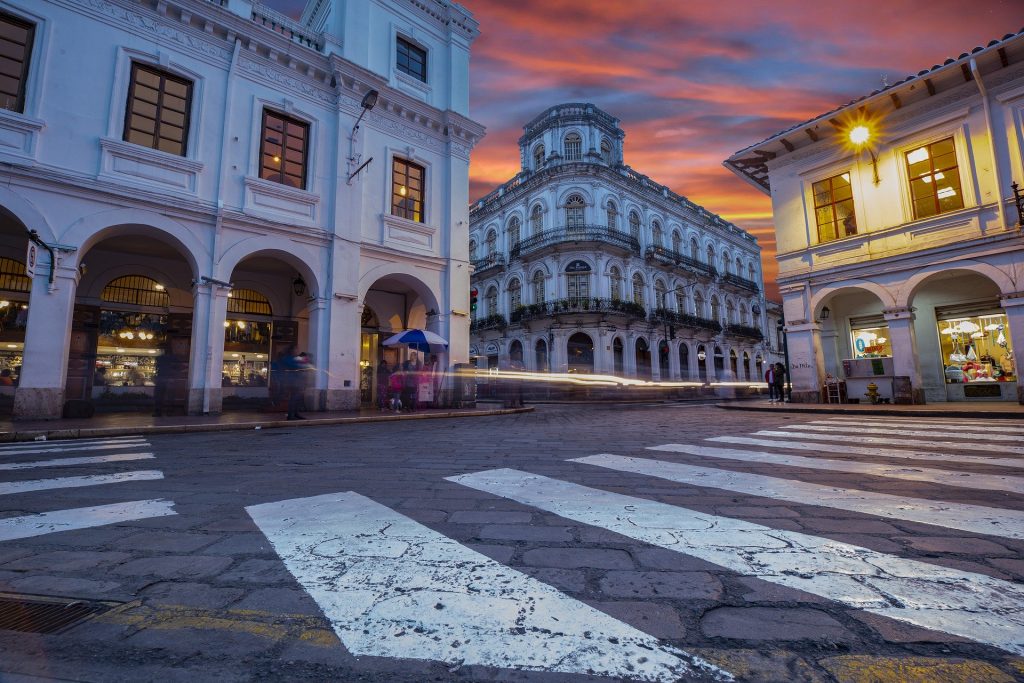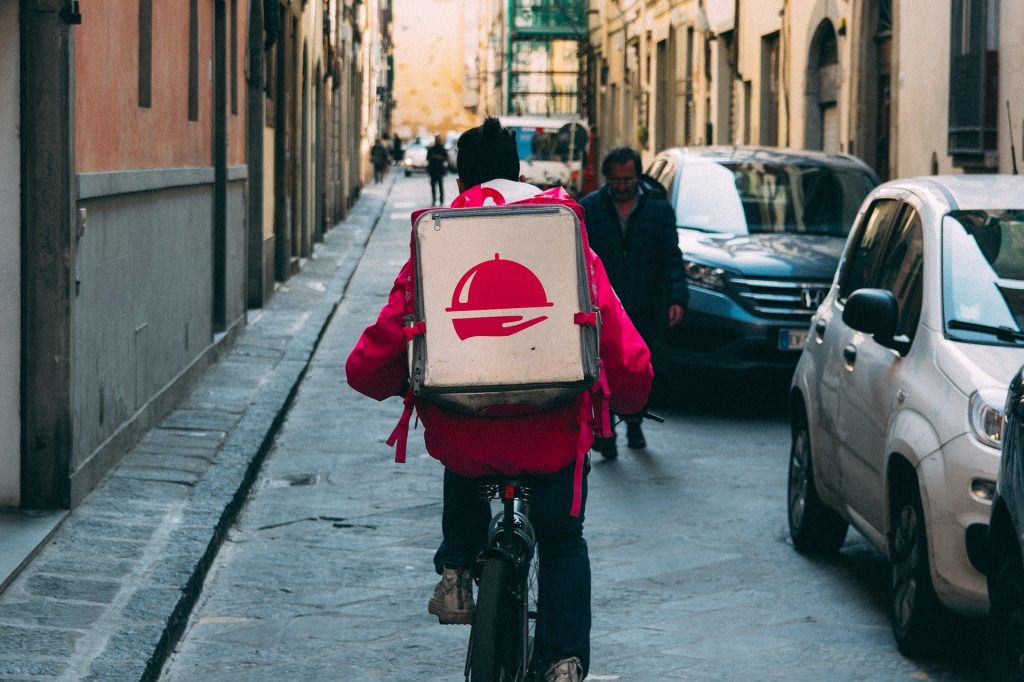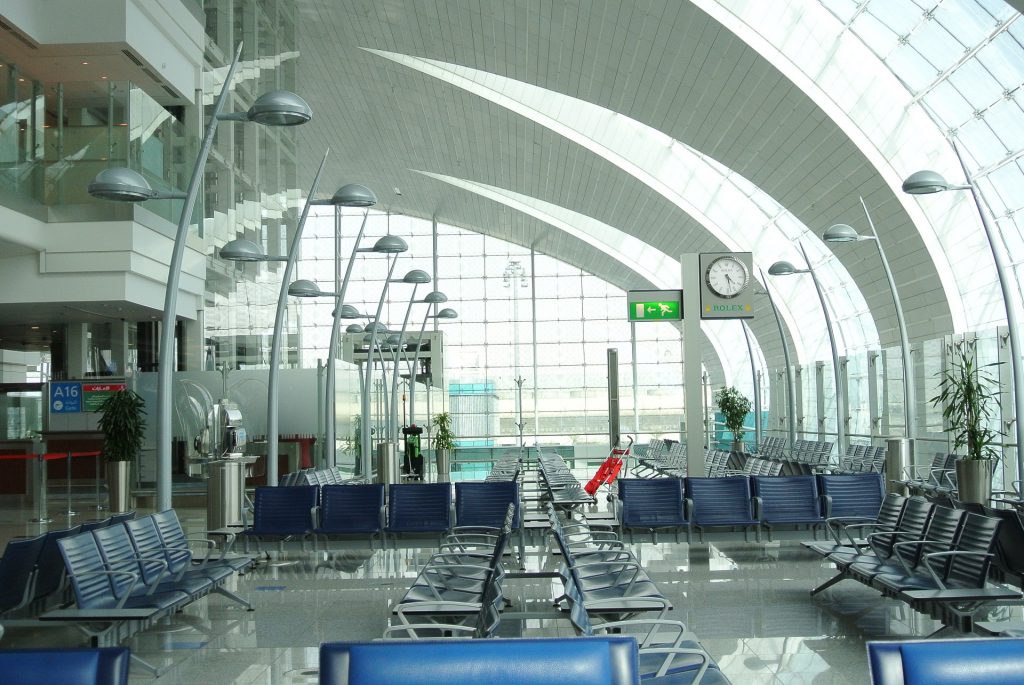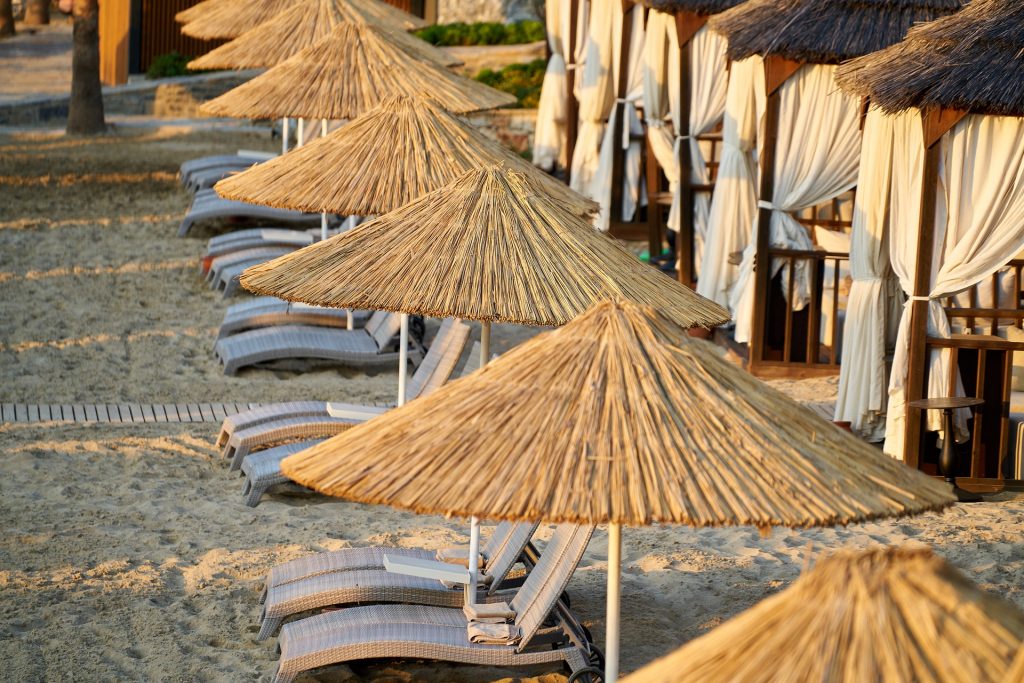How you can help the travel and tourism industry amid the COVID-19 pandemic

As I’m sure you’re all aware by now, since its identification in late-2019, the coronavirus or COVID-19 has now spread around the world. The situation is dire and the travel community is feeling bleak.
At this point in time, over 280,000 cases have been confirmed worldwide — and nearly 12,000 fatalities have been recorded. By the time you’re reading this, let’s be honest, those numbers will most likely have increased. The World Health Organization has defined the spread of COVID-19 as a global pandemic as of March 11. It’s almost surreal thinking about what’s happening in the world right now, and how fast things have changed in seemingly the blink of an eye.
This outbreak has now affected over 170 countries, and inevitably, had a huge impact on the travel and tourism industry.
Hotels and cruise ships have been put in quarantine, and major airlines have completely halted flights in some regions. As the outbreak continues, the travel industry is now suffering its worst crisis in more than eighteen years. Non-essential travel has been completely advised against, international conferences have been cancelled, borders have been closed (a full list of countries is available here), and keen vacationers are now being told to avoid both foreign and domestic travel. And in just two months, major cruise organization stocks have plummeted more than $42 billion in market capitalization, more than half of their value. Hotel industry stocks and airline stocks also continue to decline.
The travel and tourism industry is without a doubt one of the largest industries in the world, and is responsible for an estimated 319 million jobs worldwide. It’s one of the sectors that is at the epicentre of those impacted from the outbreak. Experts report that up to 50 million travel and tourism jobs are at risk, so not only does the pandemic impact people who want to travel, but also greatly impacts those who have jobs in the industry. CNBC has reported that the travel and tourism industry in America could take a $24 billion loss in foreign spending, which is equivalent to about seven times more than what was lost during the SARS outbreak in 2003.
For those of us who love (and live) to travel, this is a tough pill to swallow. Hearing that international travel could be affected for six months to a year because of the unpredictable nature of the situation is not something to be taken lightly. Many countries are now closed to non-residents and tourists. Exactly how long it will take for things to return back to normal is unclear — and although governments worldwide are scrambling to pull together stimulus packages to aid their economies, it’s not known how quickly these efforts will take place.
It’s a lot of information to process. And there are so many questions in my mind, as I’m sure there are in yours. How will this affect the travel and tourism industry in the future once everything has settled down, and for now, what can we do to help?
Experts at Tourism Economics expect a full recovery of the travel and tourism industry by 2023, based on how the industry has recovered from past slumps once the situation has stabilized. You can read a detailed report via their website. However, us as individuals can help as much as possible until then.
Here’s what you can do:
1. As the travel and tourism industry buckles down, local businesses around the world that rely on patronage for success are suffering. Although customers have disappeared due to the need for social distancing in reducing the spread of COVID-19, factors like rent, bills, and wages have not. It’s important during this time to maintain mindfulness of these sectors and support them as much as we possibly can (within our own capabilities) to keep their heads above the water.


This means considering no-contact delivery or drop-off from local restaurants and establishments, purchasing gift cards or vouchers for future visits when social distancing isn’t required anymore, and tipping well wherever possible. Delivery workers are of course, given the nature of their jobs, at high risk of contracting COVID-19, and so every little bit helps.
2. Just because an increasing number of countries are going on lockdown, it doesn’t mean you have to lose the ability to learn about other cultures and countries. Museums and galleries (including the Louvre, the Vatican museums, the Guggenheim, and the Smithsonian) around the world are now encouraging virtual tours and webcams, and musicians and theatres are starting to live stream performances to make up for live performance cancellations. Stay curious and read books and articles on future destinations you’d like to visit. Starting right here on World Footprints, for instance!
3. Lastly, be sure to stay as informed as possible. Because the current situation changes so rapidly, it’s important to stay well informed to avoid panic, especially when in the age of social media, false news can spread so fast. Check with a trusted and reliable source such as the World Health Organization.
Remember, we’re all in this together. In a time where everything seems bleak, it’s more important now than ever to be grateful for what we have, and band together as a community through this unchartered territory.

Cover
Book Your Travel to ANY Destination
Use the interactive map below to search, compare and book hotels & rentals at the best prices that are sourced from a variety of platforms including Booking.com, Hotels.com, Expedia, Vrbo, and more. Search for ANY destination by clicking in the upper left corner of this map. You can also use the filter to fine-tune your search, and find restaurants, attractions, and more!




